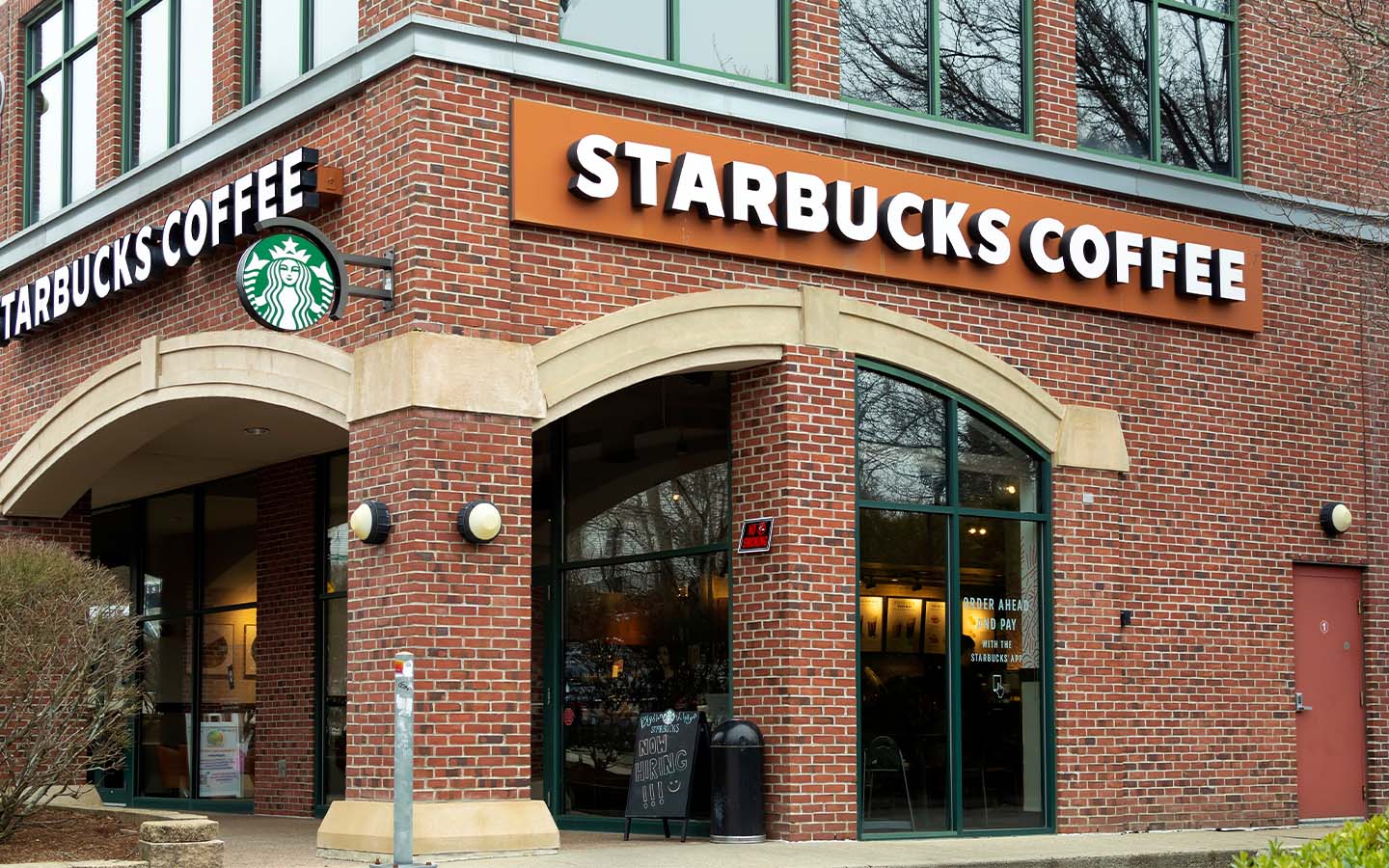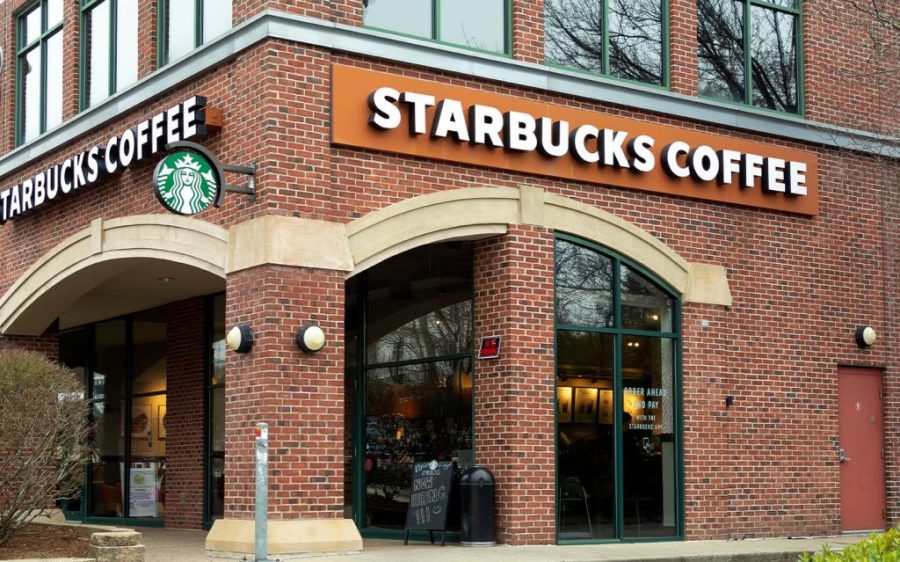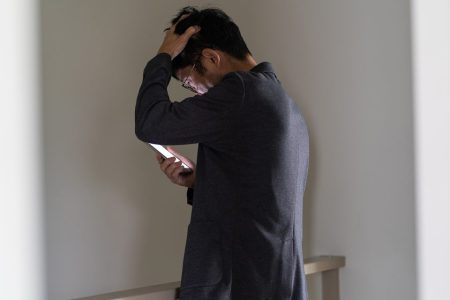American coffee chain giant Starbucks has walked back its “open door” policy in North America, once again restricting the premises to paying customers after years of positioning itself as a “third place” between work and home.
CNN reports that the rules change is part of a larger effort to improve Starbucks’ café experience, keeping customers in their stores longer – in part, by keeping homeless people and non-paying customers out.
Starbucks’ open door policy came in a response to a 2018 incident in which two Black men were arrested at a Philadelphia location. While waiting to meet a third man to discuss a real estate opportunity, one man asked to use the bathroom and was informed it was only for paying customers. The resulting dispute escalated, with staff calling the police to report the two men for trespassing – a decision that turned into a PR disaster for Starbucks, with the coffee chain facing accusations of racism.
In an effort to control the PR fallout, Starbucks instituted its open door policy, which permitted anyone to come into the chain’s outlets, and use the facilities, without having to make a purchase. The stores quickly became crowded with non-paying guests and were understandably popular with homeless people – as well as anyone caught out by the chronic lack of public toilets in the US.
[See more: New Starbucks CEO draws environmental criticism over private plane commute]
Bathroom access is essential to existing in public spaces, but public bathrooms are vanishingly rare in the US. On average, the US has eight public toilets per 100,000 people, a ratio on par with Botswana and well behind Iceland’s world-leading 56 toilets per 100,000. That statistic, however, obscures just how bad the problem is: half of US census tracts, home to some 40 percent of the population, have zero public toilets. Chains like Starbucks, McDonalds and others have largely been relied on to fill that gap, but a growing homelessness problem has made that work harder and, at times, more dangerous.
While many appreciated Starbucks’ attempt to provide a free-to-use space, the move came with significant difficulties for both customers and staff. In 2022, then-CEO Howard Schultz told CNN that Starbucks might have to end the policy over threats to staff and customers. More than a dozen locations, most in downtown spots, closed the same year over safety concerns.
Starbucks’ other new rules speak to the atmosphere generated by the open door policy, with fresh bans on begging, consuming outside alcohol and vaping. These changes are a “practical step that helps us prioritize our paying customers who want to sit and enjoy our cafes or need to use the restroom during their visit,” Starbucks stated. “By setting clear expectations for behavior and use of our spaces, we can create a better environment for everyone.”
A positive change to incentivise customers to spend time in-store is the extension of a perk previously enjoyed only by members of the company’s loyalty programme. Beginning 27 January, all customers will be allowed one free hot or iced coffee refill in the ceramic mugs or reusable glasses used in the café. More comfortable furniture is among the other changes made by CEO Brian Niccols to bring back customers, boost sales and improve staff morale.






